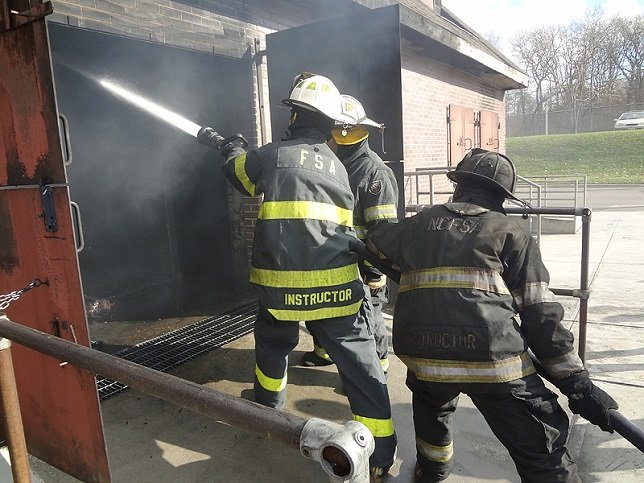Quincy, MA - December 29, 2015 - With the holiday now behind us, O Christmas tree, how saggy are your branches? The gifts have been removed from under the pine, the tree is swiftly losing its coat of green, and the needles are piling up on the floor, which means it’s time to remove the tree from your home.
“Christmas trees are very flammable,” said Lorraine Carli, the National Fire Protection Association’s (NFPA) vice president of Outreach and Advocacy. “Trees dry out the longer they remain in the home, and can be consumed by fire in a matter of seconds.” All trees can burn, though dry ones can be engulfed by flames significantly more quickly.
NFPA statistics indicate that nearly 40 percent of home fires that begin with Christmas trees occur in January. Although these fires are not common, they are much more likely to be serious when they do occur. On average, one of every 31 reported home structure Christmas tree fires resulted in a death. Compare that to an average of one death per 144 total reported home structure fires.
Christmas trees are decorations, and people may want to continue the festive spirit and leave up their ever-drying pines long after the last of the gifts have been opened. It’s good to remember, however, that the longer the tree remains in the home, the greater the fire risk becomes.
“We hope that by educating people about the extreme fire hazards, people will be prompted to remove their trees in a timely manner, giving their families the gift of fire safety as the season winds down,” said Carli.
If available, NFPA recommends using the local community’s recycling program for tree disposal. Trees should not be put in the garage or left outside.
NFPA also offers tips on removing lighting and decorations from trees to ensure they are taken down safely this year and in the right condition for Christmas 2016:
- Use the gripping area on the plug when unplugging electrical decorations. Never pull the cord to unplug any device from an electrical outlet, as this can harm the wire and insulation of the cord, increasing the risk for shock or electrical fire.
- As you pack up light strings, inspect each line for damage, throwing out any sets that have loose connections, broken sockets or cracked or bare wires.
- Wrap each set of lights and put them in individual plastic bags, or wrap them around a piece of cardboard.
- Store electrical decorations in a dry place away from children and pets where they will not be damaged by water or dampness.
For additional resources and information for a fire-safe winter season, visit “Put a Freeze on Winter Fires”, NFPA’s campaign with the United States Fire Administration (USFA).
About the National Fire Protection Association (NFPA)
Founded in 1896, NFPA is a global, nonprofit organization devoted to eliminating death, injury, property and economic loss due to fire, electrical and related hazards. The association delivers information and knowledge through more than 300 consensus codes and standards, research, training, education, outreach and advocacy; and by partnering with others who share an interest in furthering the NFPA mission. For more information visit www.nfpa.org. All NFPA codes and standards can be viewed online for free here.










